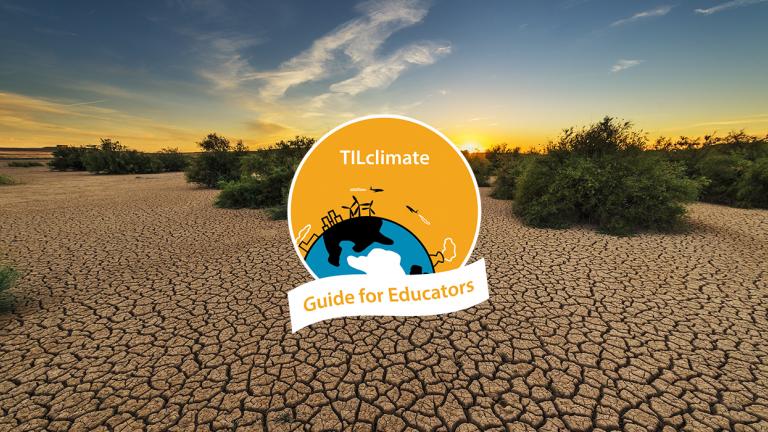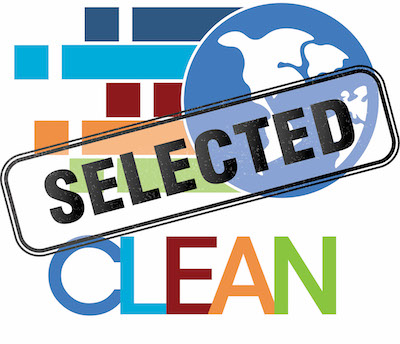
This Guide for Educators was developed by the MIT Environmental Solutions Initiative as an extension of our TILclimate (Today I Learned: Climate) podcast, to make it easier for you to teach climate change, earth science, and energy topics in the classroom. It is an extension of the TILclimate episode "TIL about climate impacts."
Browse all TILclimate guides for educators.
Description
We hear about climate impacts all over the world, often in global terms. But what is happening where? And what will happen in our own communities? Students play a game to understand changes to precipitation. Then, using the US Climate Resilience Toolkit, they investigate local climate concerns and solutions.
SWBAT:
-
Explain how carbon dioxide in the atmosphere causes higher temperatures.
-
Explain some relationships between higher temperatures and changes to precipitation.
-
Understand key climate challenges for their area.
-
Understand a few adaptation solutions for their area.
Skills:
-
Understanding graphs
-
Communicating scientific understanding
Standards:
-
HS-ESS2-4 Use a model to describe how variations in the flow of energy into and out of Earth’s systems result in changes in climate.
-
HS-ESS3-5 Analyze the results from global climate models to make an evidence-based forecast of the current rate of global or regional climate change.
Disciplinary core ideas:
-
ESS2.D Weather and Climate
-
ESS3.C Human Impacts on Earth Systems
-
ESS3.D Global Climate Change
What is included in this Educator Guide
- How to use TILclimate Educator Guides (Download)
- Full Educator Guide (Download)
- Includes both Teacher and Student pages
- Includes both Teacher and Student pages
- Teacher pages (Download)
- Includes materials, discussion questions, background resources, and adaptation suggestions for science, social science, and ELA teachers
- Includes materials, discussion questions, background resources, and adaptation suggestions for science, social science, and ELA teachers
- Student pages (Download)
-
Game: The Water Cycle
-
Investigation & Communication: Local Resilience
-
Investigation: Think Globally, Act Locally
-
Maps: Water Cycle Game Data
-
We are proud to be selected as part of the CLEAN (Climate Literacy and Energy Awareness Network) digital collection of high-quality resources that address climate and energy-related topics and are passed through an extensive peer-review process.
Listen to the episode



